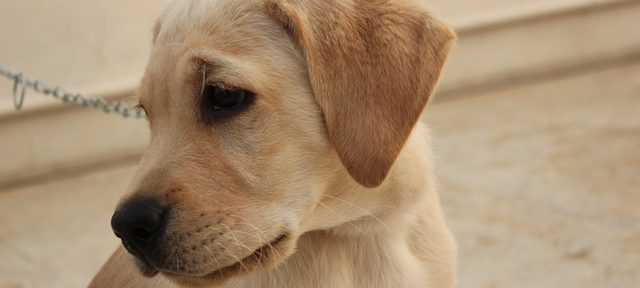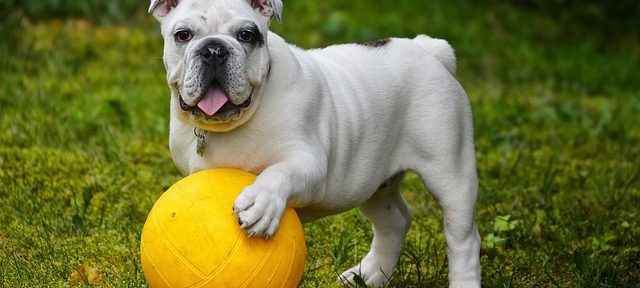
Pet care: our furbabys are spoiled. It’s not uncommon for people to spoil their furbabys; Instagram and other social media is littered with videos and pictures of people playing with their beloved Fidos and felines, pampering them, feeding them, and just enjoying their presence. (In fact, pets sometimes get receive better care than other humans.)
Is it any surprise that people want their pets to be taken care of when they die?
There are some people who love their dogs, cat (and by extension, birds and rabbits) more than anything in the world, and have a closer relationship with them over their human counterparts (we’ll get to some real-life examples later.) It’s an increasingly popular trend: leaving behind money and assets for the care of their non-human loved ones. It’s not so far fetched when you consider how much people pamper their dogs and cats already – in fact, it’s a testament to the deep bond people share with their furry companions.
The History of Pet Inheritances
Reasons for this increasing trend
The concept of leaving money or assets to pets isn’t entirely new. In fact, it dates back centuries. Roman Emperor Gaius Caligula, for instance, left behind a substantial inheritance for his beloved horse, Incitatus. His horse was gifted with a complete with a marble stable, fine fodder, and a staff of servants (no word on how long the horse lived after his passing.) Then, there are the myriad of modern day stories: Leona Helmsley, for instance. And the late Karl Lagerfeld has a cat worth over $3 million dollars. The trend has gained momentum in recent years, with many pet owners treating their pets better than their human family members.
Several factors contribute to the rising popularity of leaving inheritances to pets:
1. Pets are like family (and are treated as such): Pets are often cherished as family members rather than animals (at least for dogs and cats, anyway.) This gives pets a status deserving of consideration in planning for their estate.
2. Concern for Their Well-being: Leaving a financial legacy to their pets ensures that they receive the care and attention they deserve, even in their owner’s absence.
3. No Heirs: People who are either childless or don’t have family members, people keep dogs or cats for company. They become as close to their owners as family. Leaving behind something to take care of their pets is a natural choice.
4. The Growth of Pet-Related Services: The pet industry has exploded in recent years, from pet spas, gourmet pet food, to pet therapists and luxury accommodations. With these services readily available, leaving an inheritance to pets becomes more feasible and practical. It really shows how much people love their pets and would do anything to take care of them.
Legal and Practical Considerations
While the idea of leaving inheritances to pets may be heartwarming, there are legal and practical aspects of these types of arrangements. In many provinces/territories, pets are legally regarded as property rather than as beneficiaries, which can make direct bequests challenging. To be fair, how would you directly pass on wealth to a pet? You would need someone else to look after the pet in question for you. Instead of inserting your wishes into a Will, you might want to look into a Pet Will, which allows you to comprehensively provide details for pet care after your passing.
A Pet Will allows you to legally set aside funds specifically for their pets’ care and designate a trustee responsible for managing the assets on behalf of the pets. Caregivers ensure that the pets receive the necessary care, and detailed instructions cover everything from food to medicine. It also includes any special instructions the pets might require for care.
Leaving inheritances to a dog or a cat is well-intentioned, but this process has it’s obvious challenges: some family members may dispute these arrangements in court, arguing that the funds should be allocated for human beneficiaries (this was the case for Leona Helmsley), rather than to pet care. There is also the sobering concern people have for their pets: will caregivers maintain care for the pets in question, or just run off with the money they were provided with for the pet’s care? Make sure ALL of your loved ones are taken care, with the right estate planning!






